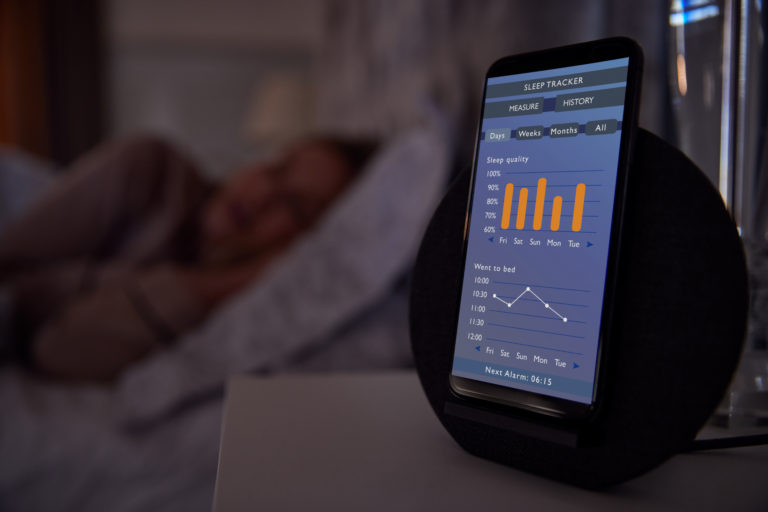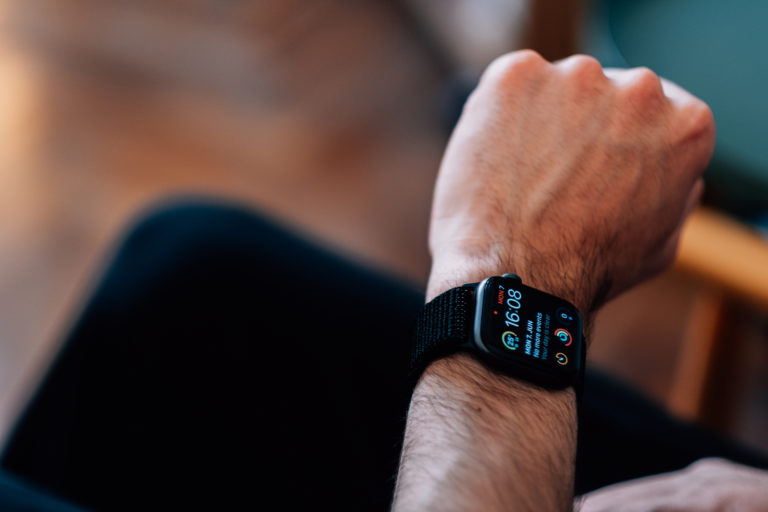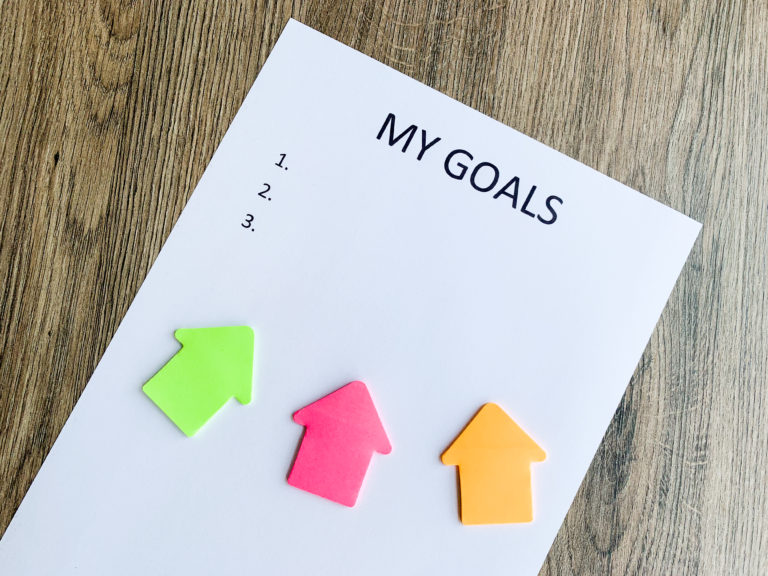The Importance of Setting Sleep Goals
The Importance of Setting Sleep Goals
Sleep is an important part of human life. It helps us relax, unwind, rejuvenate lost energy, and recalibrate the brain. The lack of quality sleep can totally jeopardize a person's productivity, lead to illnesses, cause setbacks, and ultimately shorten lifespan.
Sleep and Goals
So let’s put this in a literal way, How do you dream when you don’t sleep? How possible can that be?
In simpler terms, sleep is particularly essential to achieving your dreams, aims, and overall wellness which is why this new year, you must set a sleep goal just the way you have set goals for other aspects of your life.
Many times, we tend to forget to set these goals because we have been told that high-achievers do not sleep, and because of that, we spend most of the night seriously chasing the ‘Dreams’, striving to hit the target, wanting to tick the whole checklist for the year faster.
This page is aimed at Setting Realistic Sleep Goals for 2025.
The Importance of Setting Sleep Goals
Having a regular sleep schedule can positively affect key areas in your life including your mental and physical health as well as performance. Getting enough sleep from a regular sleep schedule can make it easier for you to cope with daily stress and less likely to be impacted by minor negative things that can come up. Other positive benefits of a regular sleep schedule include alertness, health and safety behaviors, and improved heart health.
How to Set SMART Sleep Goals
Having a functional sleep goal can positively affect key areas in your life including your mental and physical health as well as performance. Getting enough sleep from a regular sleep schedule can make it easier for you to cope with daily stress and less likely to be impacted by minor negative things that can come up. Other positive benefits of a regular sleep schedule include alertness, health and safety behaviors, and improved heart health.
Setting SMART Sleep Goals for 2025
5 Ways to Achieve Better Sleep
Good sleep is the foundation for better health, sharper focus, and overall happiness.
This year, I challenge you to prioritize your rest by setting SMART sleep goals that are Specific, Measurable, Achievable, Relevant, and Time-bound. Here are five practical goals to help you develop healthier sleep habits in 2025:
How to track your sleep
1. Stick to a Consistent Sleep Schedule
- Specific: Set a fixed bedtime (e.g., 10:30 PM) and wake-up time (e.g., 6:30 AM and while at it, ensure you aim at 7-8 hours of sleep.
- Measurable: Track your sleep schedule daily for 90 days using a journal or a sleep-tracking app.
- Achievable: Start by adjusting your bedtime or wake-up time in 15-minute increments if needed.
- Relevant: A regular sleep schedule improves your circadian rhythm and energy levels.
- Time-bound: Commit to this routine for the next 3 months to build consistency.
2. Limit Screen Time Before Bed
- Specific: Turn off all screens (TV, phone, laptop) one hour before bedtime.
- Measurable: Use a habit tracker or set a daily reminder for your “screen-free hour.”
- Achievable: Replace screen time with one relaxing activity like reading or meditating.
- Relevant: Reducing blue light exposure helps your body produce melatonin for better sleep.
- Time-bound: Practice this daily for the next 30 days to establish the habit.
3. Create a Sleep-Friendly Environment
- Specific: Declutter your bedroom, install blackout curtains, and adjust the temperature to 18°C.
- Measurable: Complete one task (e.g., decluttering, buying curtains) each week until January 31st.
- Achievable: Focus on small changes—like rearranging furniture or using earplugs.
- Relevant: A calm, comfortable space promotes deeper, uninterrupted sleep.
- Time-bound: Finish your bedroom transformation by the end of the month.
4. Cut Back on Caffeine After Noon
- Specific: Stop consuming coffee, tea, or energy drinks after 12 PM each day.
- Measurable: Log your daily caffeine intake and the time you consume it for 2 weeks.
- Achievable: Gradually switch to decaf or herbal teas in the afternoon to avoid withdrawal.
- Relevant: Reducing caffeine after noon prevents it from disrupting your sleep cycle.
- Time-bound: Maintain this habit for 14 days, then assess how it improves your sleep quality.
5. Wind Down with a Relaxing Nighttime Routine
- Specific: Dedicate 30 minutes before bed to relaxation activities like stretching or journaling.
- Measurable: List the activities you’ll do and track how many nights you complete your routine.
- Achievable: Start with one relaxing habit and build from there—e.g., start with 5 minutes of deep breathing.
- Relevant: A soothing routine prepares your mind and body for restful sleep.
- Time-bound: Stick to this routine for 60 days to make it a lasting habit.
How to Track Your Sleep
Tracking your sleep is an essential step toward achieving your sleep goals for 2025. It helps you identify patterns, spot disruptions, and improve your overall sleep quality. Here are some practical ways to monitor your sleep:
i. Keep a Sleep Journal:

Write down your bedtime, wake-up time, and how rested you feel each morning. Track this daily for at least two weeks to identify trends in your sleep schedule and pinpoint areas for improvement.
ii. Use Sleep Tracking Apps:

Apps like Sleep Cycle, Calm, or Fitbit Sleep Score can monitor your sleep stages, total sleep duration, and wake-ups during the night. These tools provide valuable insights to help you improve your sleep.
iii. Try Wearable Devices:

Smartwatches and fitness trackers, such as Fitbit or Apple Watch, are excellent for monitoring your sleep habits. They can track your heart rate, movement, and even oxygen levels to give a detailed picture of your rest.
iv. Set Goals and Monitor Progress:

Combine tracking with actionable goals, like maintaining a consistent sleep schedule or reducing screen time before bed. Review your progress weekly to stay motivated and committed to your healthy sleep habits.
v. Assess Your Sleep Environment:
Use your sleep tracking data to evaluate whether changes in your sleep environment such as adding blackout curtains or reducing noise, make a noticeable difference.
By consistently tracking your rest, you’ll be one step closer to achieving your sleep resolutions and creating healthier habits for the new year. Tracking tools not only keep you accountable but also empower you to take charge of your sleep health. Let’s make 2025 the year we prioritize better sleep! Start the year with a clear sleep plan. Set your sleep goals today!

